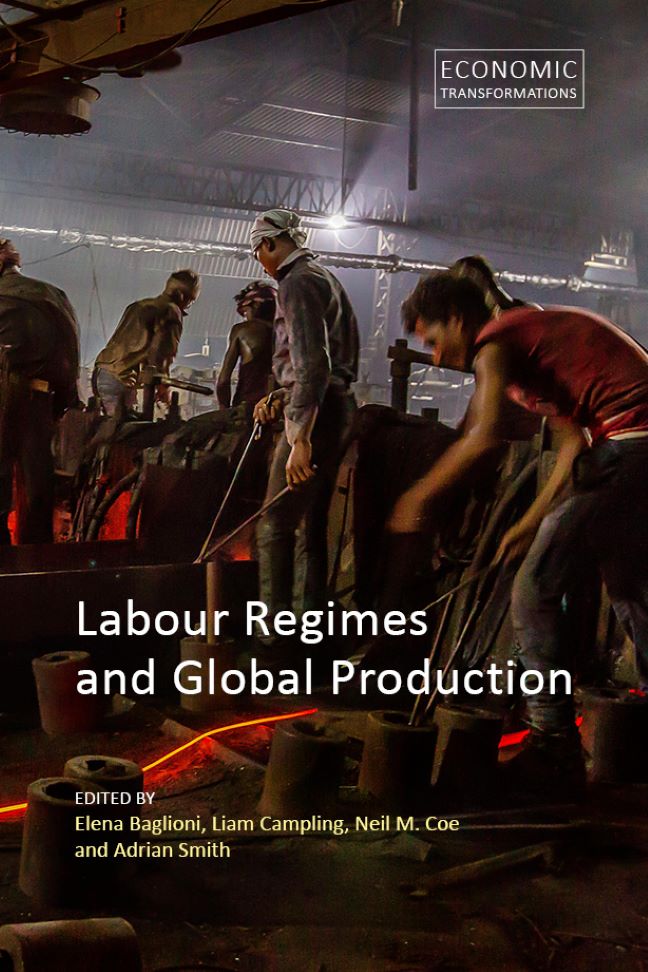6 - Doing Labour Regime Research With Large-Scale Surveys in Africa
Published online by Cambridge University Press: 20 January 2024
Summary
Introduction: Questions, Framing and Methodological Implications
This chapter discusses some of the methodological challenges in undertaking labour regime research and analysis. It draws upon the research design and process deployed in a four-year research project: Industrial Development, Construction and Employment in Africa (IDCEA). The main focus of the research was a comparative analysis of differences in labour outcomes across leading firms of different national origins, including Chinese, domestic and other foreign companies in two sectors that have been growing or emerging in different parts of Africa, with Angola and Ethiopia exemplifying contrasting cases.
The research questions of this study were organized around three blocks. First, there was a desire to ascertain contributions to direct job creation, and particularly the extent to which Chinese firms “localized” their workforces or not and why – an issue that has attracted much attention in the Africa– China literature (Lee 2017; Oya & Schaefer 2019). Second, the project aimed to ascertain whether wages and work conditions differed between the leading firms operating in the infrastructure construction and manufacturing sectors in Angola and Ethiopia, with particular attention to comparisons between Chinese firms, other foreign firms and leading domestic firms. In this regard, this study probed the popular claim (especially but not only in media reporting) that Chinese firms “exported” their “exploitative” labour practices as an expression of a continuous “race to the bottom” (Gadzala 2010; Bah & Jauch 2009), which is problematic for a number of reasons. First, it assumes that labour regimes in China and in Chinese firms are intrinsically more exploitative than labour regimes in African countries. Second, it implicitly assumes Chinese exceptionalism in labour relations, an issue already questioned by a growing body of research on labour in China (Chan 2015; Lee 2017; Lüthje, Luo & Zhang 2013). Third, such claims thrive in approaches driven by “methodological nationalism” and its concomitant empirical reductionism, which gives primacy to national characteristics in exploring socio-economic outcomes, including labour outcomes (Lee 2017; Silver 2003). In short, the study worked with the hypothesis that Chinese firms did not or could not simply “export” labour practices from whatever concrete sector and geographical setting in China that they operated in.
A third set of research questions concerned the contributions of different firms to skill development, and, more broadly, to labour force upgrading.
- Type
- Chapter
- Information
- Labour Regimes and Global Production , pp. 101 - 120Publisher: Agenda PublishingPrint publication year: 2022

